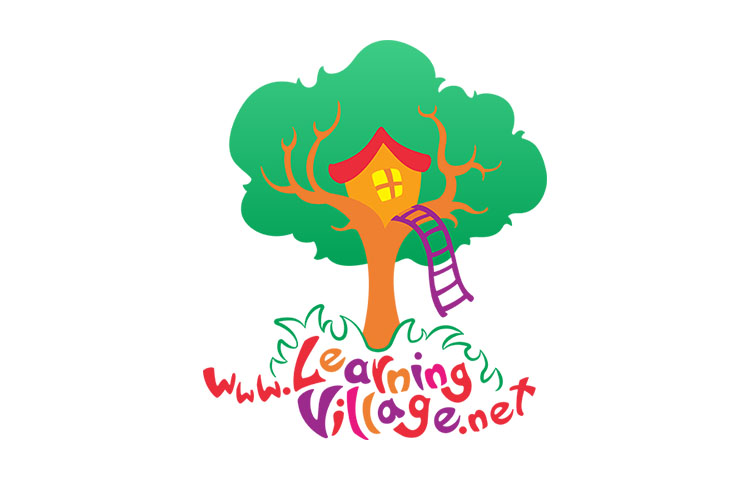At St John Rigby, we aim to support children who learn in other languages to access the curriculum. One of the resources that we subscribe to in support of children, who have no or an emerging command of English, is Learning Village. It supports young English language learners, and their teachers, parents and carers, with the skills and resources they need to achieve proficiency in English and to access a demanding school curriculum.
Learning Village is a blended EAL vocabulary, language structure and reading programme for new to English, SEND and low level literacy learners. It uses image as the language of instruction for learners of ANY language background; it is also ideal for learners who are not yet literate. It is useful for high interest, low level reading support and builds learners' confidence in the components of reading, including vocabulary and language structures, phonics, spelling, comprehension and fluency.
Teachers use the Learning Village to provide:
- independent learning
- small-group teaching
- differentiation in EAL and other classes

The Village and Islands include:
- 20,000+ words and phrases, for speaking, listening, reading and writing
- image-based learning, to assist learners who are unable to read in their mother tongue
- excellent support for Special Educational Needs learners
- techniques to help learners support themselves
- support for blended learning and for self-study
https://www.learningvillage.net/ (Image credit: Learning Village)
A comprehensive list of websites in support of learners who learn in other languages (EAL) is provided here: https://www.skettyprimary.co.uk/websites-for-eal-learners/
Assessment
As a team, we assess our children's command of English using The Bell Foundation framework.
"The rich diversity of England’s culture, society and language, which has evolved over centuries, is reflected in schools. Many pupils arrive at school already speaking more than one language, with English being their second, third or fourth language. This linguistic diversity is accompanied by pupils’ diversity in prior exposure to English; prior experiences of schooling, their length of residence in England and their social circumstances. Official figures show a marked increase over the last two decades in the number of pupils who use English as an Additional Language (EAL). There are more than 1.7 million pupils who use EAL in maintained schools in England. This makes pupils who use EAL a key characteristic of student bodies in many schools."
The Bell Foundation
